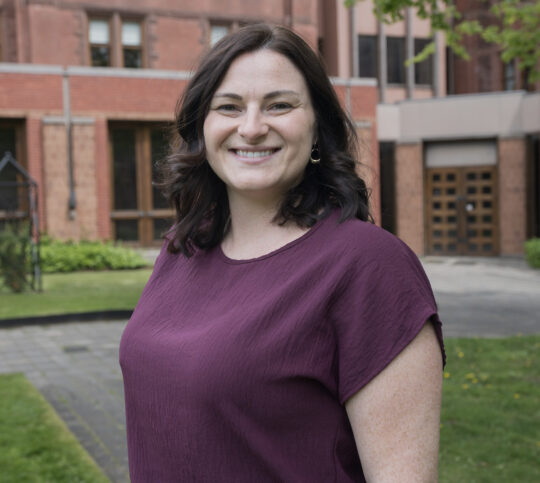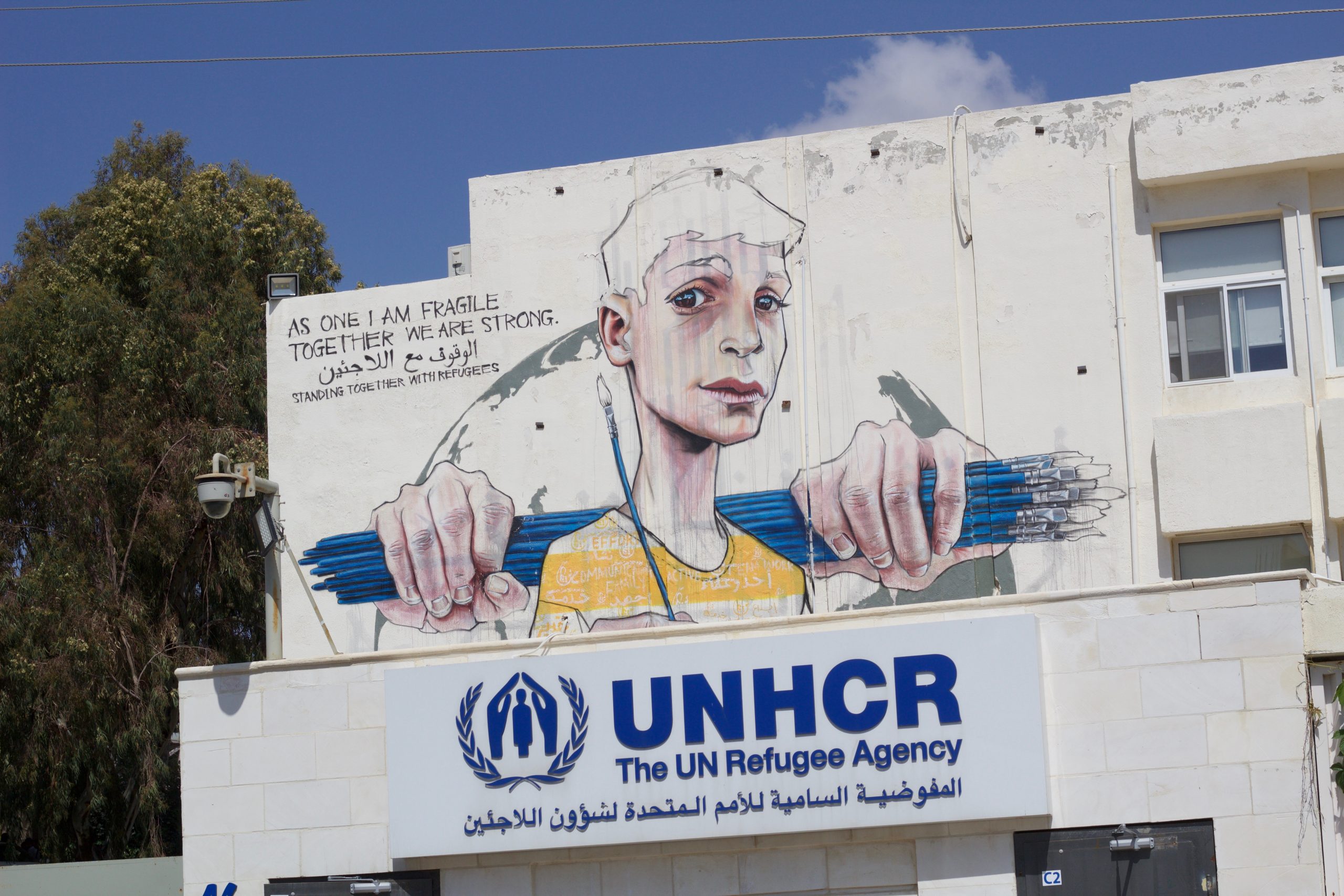
Jordan
UNHCR Jordan’s Biometric Cash Assistance Program for Syrian Refugees
- Status
- Completed Research
- Research Year
- 2016-17
In partnership with a local bank, and with support from a range of stakeholders, the United Nations Refugee Agency (UNHCR) developed the world’s first iris-scanning cash-assistance program for refugees in Jordan. Via an established network of iris-scanning enabled ATMs, the program provides monthly income support to the most vulnerable refugee families living in urban areas to help them meet their basic needs such as rent, food, utilities and health. Approximately 33,000 families have received support since 2012 with thousands more on the waitlist.
Researchers
Mentors
-

University of Toronto
Kirstyn Koswin
-

University of Toronto
Joseph Wong
Founder, The Reach Alliance; Professor and Vice-President, International, University of Toronto
Related Information
-

-
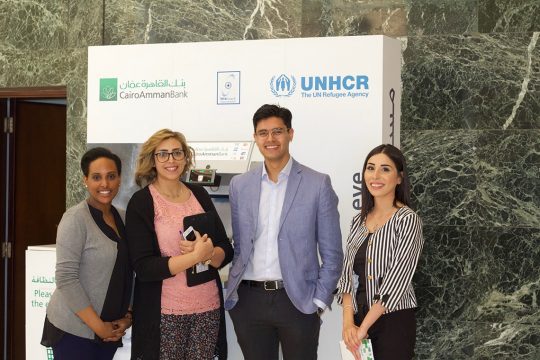
Blog
U of T students head to Jordan to study iris-scanning ATM initiative for refugees
08/06/2017
-
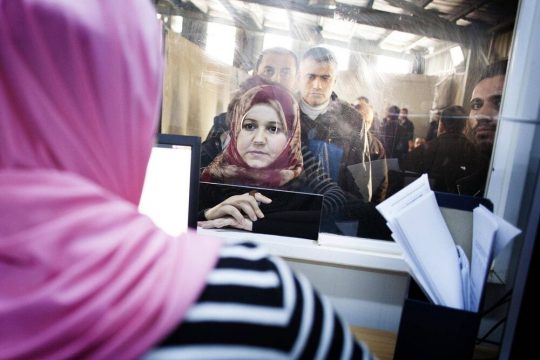
Media
UNHCR cash-transfer program boosts charity’s reach, University of Toronto team finds
-
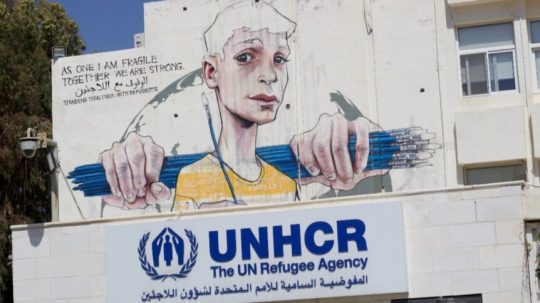
-
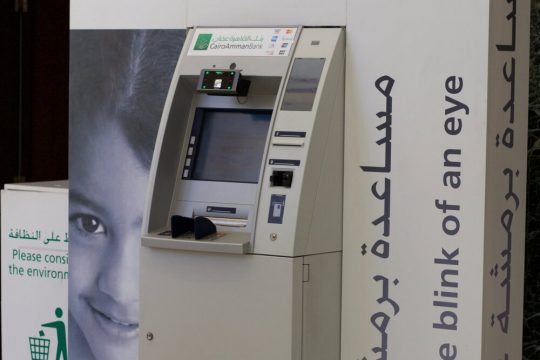
-
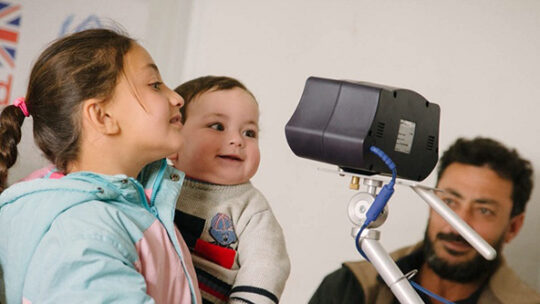
Stanford Social Innovation Review
How to Deliver Cash Transfer Programs More Effectively to Hard-to-Reach Populations
-
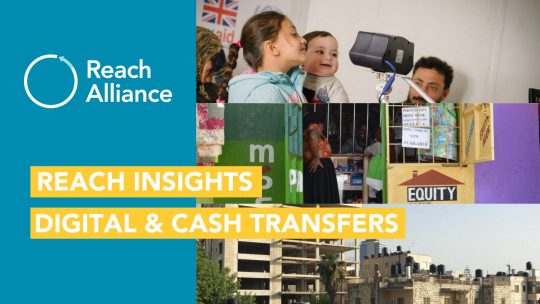
Reach Alliance Research Insights – Digital & Cash Transfers


